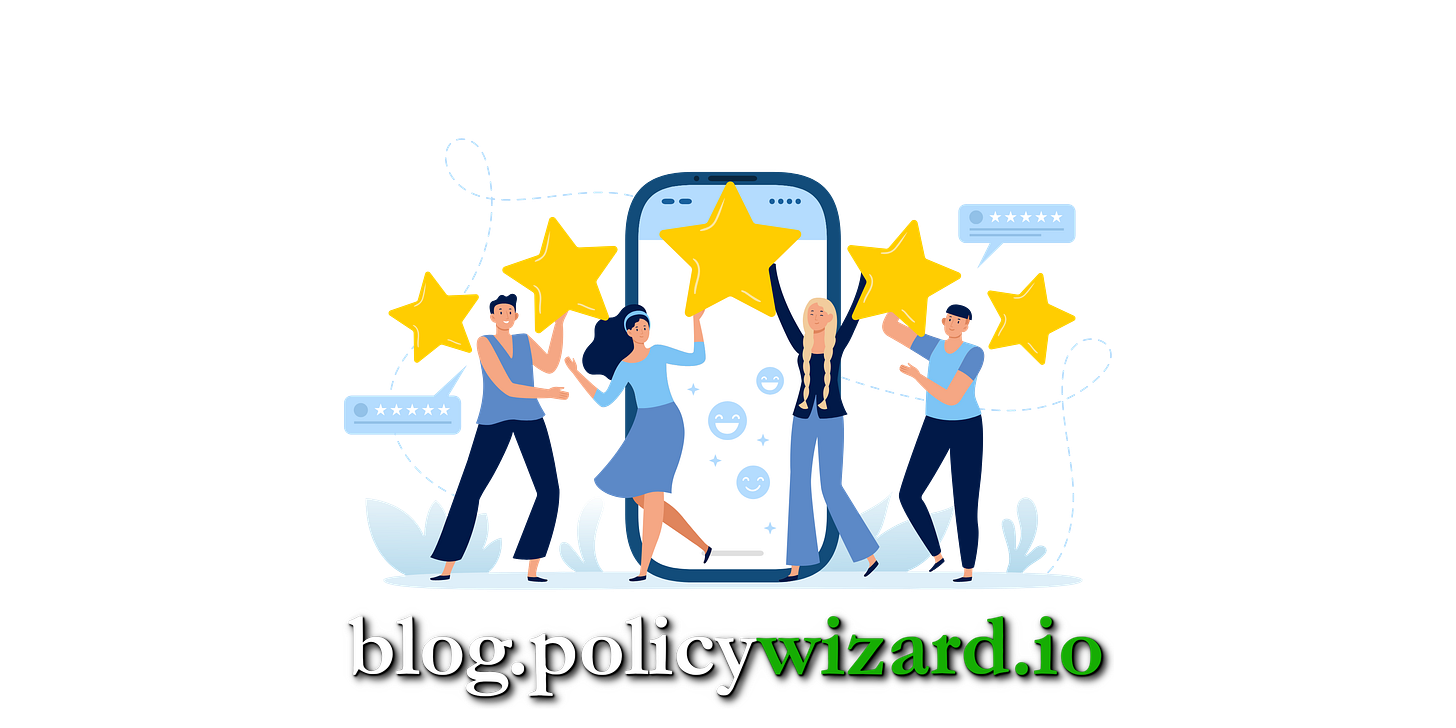🧙♂️ Top 5 things to look for in a Course Hosting Platform
The Fellowship - Week 11
Welcome to the eleventh edition of The Fellowship Newsletter.
Last week I wrote about Security Policies for Small Businesses. It focussed on the first security policies I would write and how I would go about it. I even included a breakdown of the mandatory policies for ISO 27001. Providing a simple framework for small businesses to begin to implement.
Well, that edition of the Newsletter led to a meeting with a small business owner with whom I had a previous relationship. This PolicyWizard has agreed to consult/contract with the client on a retained deal to help them implement security policies and help to implement compliance efforts for Cyber Essentials (Plus), GDPR, and ISO 27001.
That is the power of networking, building solid relationships, producing excellent work at every opportunity, and helping others. That new contract would only have happened with sharing the knowledge in The Fellowship.
If you’d like to talk with me about how I can help you and your business with policy and compliance implementation projects, reach out to me on LinkedIn, I’d be happy to talk with you.
This week, it will be a much shorter edition and will not have a voiceover. It’s Friday night. I’ve just finished a wonderful but tiring week at work, and I’m heading out on holiday (vacation for my friends from the US). I’m staying local in Scotland and resting up. I’ll be eating good food, enjoying the late summer sun, and probably spending some time writing the book too. So, let’s look at:
Top 5 things to look for in a Course Hosting Platform
I set out over a year ago, looking at the different options for a Learning Management System (LMS) that I could use to host my course and, even better, if it provided additional functions that I could use to run my business. I wanted it to look professional, be customisable, and be owned by me. I did not want any other companies influencing the price of my course or changing something I didn’t want to change. I had to go independent. At that stage, it seemed like my only option.
It couldn’t just be an LMS. It needed to take people from being interested to getting them signed up for a course or courses. That process is called a sales funnel. It helps businesses turn people from social media into customers spending money with you. So, I began looking for a platform that was an all-encompassing solution. It needed to give me total control over the customer journey and provide me with the tools to do that.
I have nearly 9000 people following me on LinkedIn. Lots of them engage with me regularly. I put out great content and have helped many people. For businesses, one of the biggest problems with social media is that the audience (your followers) is rented. If the platform were to die overnight (like Myspace) or my account was revoked for any number of reasons, my business would fail if my only source of customers was that platform.
We need multiple customer sources to have a business resilient to changes like losing a social media account. We also want to own the contact details of the people that follow us. If we hold those, they can still be customers. It does not matter what happens to the platform they found us on.
That leads me to the first point:
1. Email List
The platform must allow you to collect potential customers' emails and send mass emails to the list. You'll need this to let them know what you're doing and what new products and services are available. If you want to remain GDPR compliant, make sure you have the ability for a double opt-in.
2. Digital Downloads
It’s all good if the platform can collect email addresses, but how will you encourage people to sign up for your list? You need to give them something of value. Otherwise, you’re going to be begging them. “Please sign up for my list; we need customers.” It’s not attractive.
Step forward the “Lead Magnet”.
A lead magnet is something valuable that you offer potential customers to get them to join your email list. You can promote the lead magnet in other places, like your social media channels and link back to the lead magnet. People interested in value must sign up to get it. In my case, I have a few lead magnets. The first one that I created was the Security Policy Cheat Sheet. It’s a PDF document detailing what should be included in a security policy. It’s written at quite a high level but also full of value.
When I published it, people began to sign up and read it. Over 300 people downloaded the document in about four months. I don’t link to it from my LinkedIn profile anymore, but lots of people still visit the website and download it.
3. Website
If I were to go with a provider such as Udemy or Teachable, I could only host the course. It wouldn’t let me have an actual website. I wanted PolicyWizard to be a business, not just a course. I wanted to build a website showcasing everything I do, including coaching people, writing policies for businesses as a contractor, and anything else I want to offer in the future.
4. Learning Management System
I needed to host and present my course in an acceptable manner. I wanted the ability to customise lessons and include videos, transcripts, captions, and quizzes. This was the meat of the requirement. I wanted a platform that made it enjoyable to use, was accessible to all, and looked great too. It also needed to give the people who completed the course a certificate.
5. Coaching and Webinars
I wanted to be able to take the learning further than the courses. I wanted to engage with my customers at a deeper level. Help them achieve their career goals faster and produce better work. To do that, I needed a platform to sell coaching and integrate with external solutions for webinars.
Podia
After looking at all the options available, Podia appeared to be the most favourable. The price was a factor, as I was setting this up independently. Podia offered all the features I needed at a price point that would not make me wince every month when I saw the invoice.
Continual Improvement
As with learning anything new, building the website and products to a level I was happy with took me a while. It’s currently looking professional and performs as I need it to. The copy is good, and I’m converting enough customers to cover the costs. I’m building for the long term; in five years, PolicyWizard will be bigger, with more in-depth courses, and hopefully be a household name.
Covering my costs allows me to partner with organisations that support people from underrepresented communities. Over 200 people have accessed my course through Partnerships since March 2023. I encourage anyone considering building a similar business to do the same.
How can I help you?
My products & services:
Wizard School
Services
Book a Call
Resources
That’s it for this week. I hope you’ve enjoyed learning the Top 5 things to look for in a Course Hosting Platform. Let me know what you think in the comments or on LinkedIn. If you liked it, consider sharing it with your peers.
Until the next adventure!
Stuart Wedge 🧙♂️
PolicyWizard





